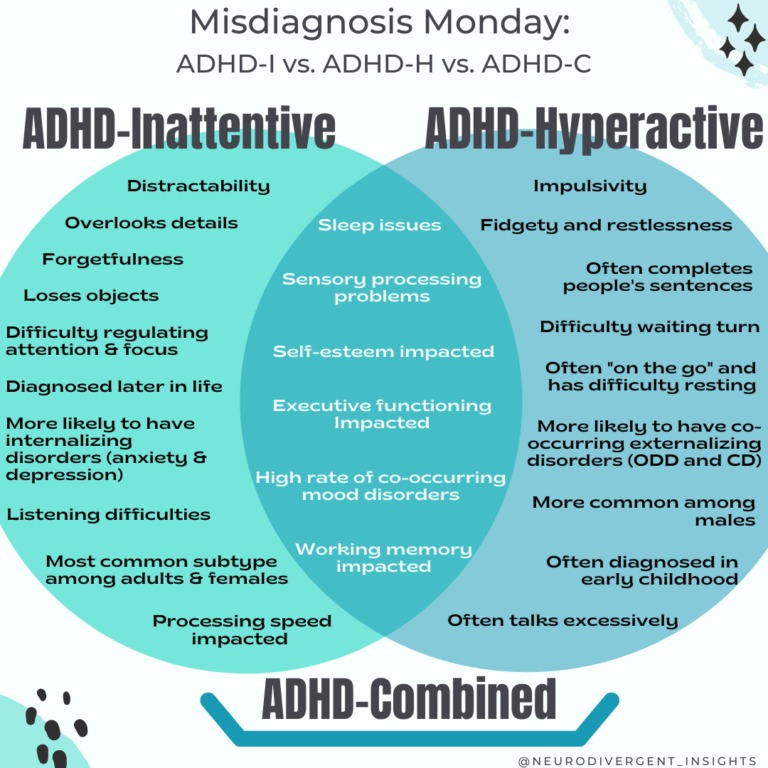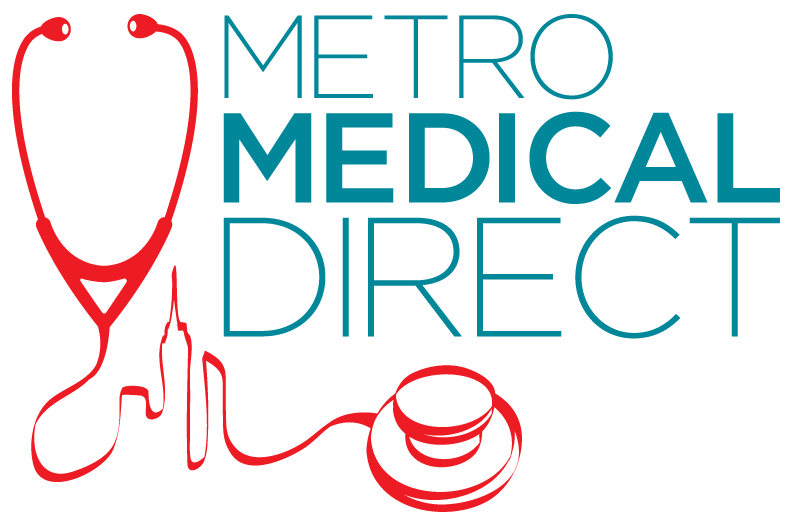By Dr. Raymond Zakhari, NP
Attention deficit hyperactivity disorder (ADHD) and Attention deficit disorder (ADD) is a neurodevelopmental disorder characterized by symptoms of inattention, hyperactivity, and impulsivity. Before I diagnose someone with ADHD and prescribe any of these medications I need to make sure that you are not suffering from PTSD, Anxiety, Depression, Substance Use Disorder, not using marijuana at all, do not have Bipolar Disorder, and that your sleep is at least 7-9 hours consistently, you are physiologically health, and eating consistently lower carb, high protein meals, and you are doing strength training at least 3 times per week.
 Stimulant medications like Adderall, Ritalin, and Vyvanse are commonly prescribed to manage ADHD symptoms. This blog post aims to provide an overview of how these medications work, their impact on brain function, dosage considerations, and the importance of judicious use during development.
Stimulant medications like Adderall, Ritalin, and Vyvanse are commonly prescribed to manage ADHD symptoms. This blog post aims to provide an overview of how these medications work, their impact on brain function, dosage considerations, and the importance of judicious use during development.
Mechanism of Action: Boosting Neurotransmitters
- Stimulants:
- Stimulant medications increase the levels of neurotransmitters dopamine and norepinephrine in the brain. Dopamine helps reduce “noise” by suppressing distracting thoughts and stimuli, while norepinephrine amplifies relevant signals to improve focus and attention.Dopamine and Norepinephrine: Improving Focus
- Dopamine enhances focus by reducing background noise in the brain and enabling targeted attention. Norepinephrine activates the brain’s salience network, detecting important stimuli and enhancing communication between neural circuits involved in focus. Together, these neurotransmitters optimize attentional processes.
- Dosage Considerations and Side Effects:
- The optimal dosage of stimulant medications varies greatly among individuals. The general approach is to start with the lowest effective dose and gradually increase as needed. Side effects of high doses can include anxiety, insomnia, increased blood pressure, and even psychotic symptoms in susceptible individuals. Monitoring dosage and side effects is crucial.
- Training Brain Circuits and Long-Term Effects:
- Using stimulant medications during development can help “train” the brain circuits involved in focus and attention. Early treatment has been associated with improved executive function, better academic outcomes, and reduced ADHD symptoms in the long term. However, appropriate monitoring and dosing are necessary to avoid potential risks.
- Other Medication Options and Combination with Behavioral Interventions:
- In addition to stimulants, other medications like Modafinil, Guanfacine, venlafaxine, and bupropion are sometimes used off-label to treat ADHD. Combining drug treatments with behavioral interventions to form good habits is often the most effective approach to managing ADHD symptoms.
- Regular Monitoring and Collaboration with a Psychiatric Mental Health Nurse Practitioner:
- Regular check-ins with a qualified Psychiatric Mental Health Nurse Practitioner are essential for determining the appropriate medication, dosage, and monitoring of side effects over time. Collaborative decision-making between the individual, their caregivers, and healthcare providers is crucial for optimizing treatment outcomes.
Conclusion
- Stimulant medications play a significant role in managing ADHD symptoms by modulating dopamine and norepinephrine levels in the brain.
- Understanding the mechanisms of action, individualizing dosage, and closely monitoring treatment are essential for balancing the benefits and potential risks.
- When used judiciously, medication can help individuals with ADHD improve focus, attention, and overall functioning, particularly when combined with behavioral strategies.
How Metro Medical Direct Can Help
Call Doctor Zakhari at Metro Medical Direct at (917) 484-2709 or request an appointment online.
Also, check out Doctor Raymond Zakhari’s Podcast The Psychology of it All here. Also available on Apple Podcasts.

0 Comments